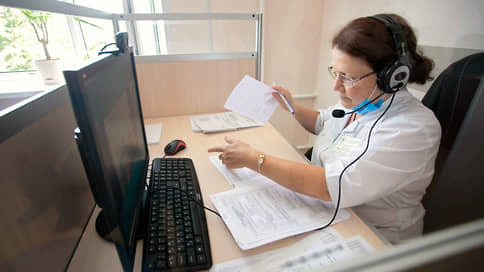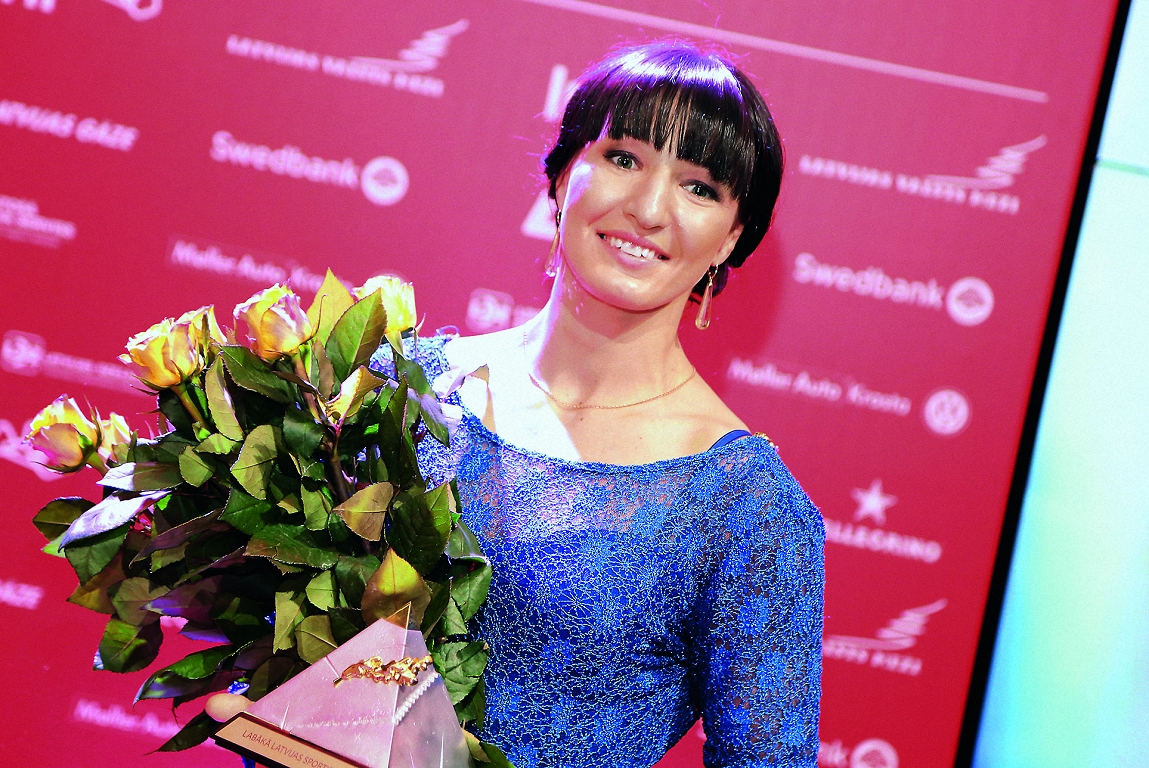The number of online consultations with doctors has grown in Russia

Russians are increasingly using telemedicine services. Over the past four years, according to SberZdorovye, the number of online consultations by otolaryngologists has grown almost 19 times, almost 20 times among cardiologists, and 25 times for traumatologists. Although online approaches cannot replace confrontations (this is prohibited by law), 85% of large clinics in Russia have already introduced them into their practice, experts say.
Over the past four years, the number of online consultations with doctors has increased by almost 7.5 times, Kommersant was told in the medical company SberZdorovye, citing their own data. Moreover, according to the results of 2024, the number of demand for services for the services of telemedicine consultations turned out to be larger than the number of records for full -time techniques (the company does not disclose accurate numbers). Remote communication with doctors is most in demand among residents of Moscow, St. Petersburg, Sverdlovsk, Moscow, Novosibirsk, Chelyabinsk, Samara regions, Krasnodar Territory, Bashkortostan and Tatarstan.
In 2024 (like four years ago), the Russians, according to the Sberrosted Room, most often talked online with therapists, pediatricians, psychologists, dermatologists and neurologists. At the same time, the number of Internet consultations among urologists increased by more than 11 times, in gynecologists-more than 15 times, for otolaryngologists-almost 19 times, for cardiologists-almost 20 times, for traumatologists-25 times for exercise therapy-150 times. Patients more often choose a television specialist as a leading doctor, says a gastroenterologist and pediatrician Alina Gubanova, head of the SberZdorovya medical unit:
“In this format, it is much easier to include health care in everyday life and not waste time on the road, queues.”
In other clinics, interest in remote consultations is more moderate. In the Scandinavian Health Center (SZC), after the end of the pandemic restrictions, the demand for distance techniques has decreased slightly, now it is at a level that was observed before epidemiological peaks. According to the chief doctor of the SZC, Natalia Gavrilova, online consultations of gynecologists and urologists are most in demand, citizens are also actively addressing neurologists for dynamic observation. In the flowering season, the number of remote techniques for allergists to adjust therapy increases.
According to the law “On the Basics of Protection of Citizens’ Health”, online consultations are allowed to make a decision on the need for confrontation, to analyze complaints, assess the effectiveness of treatment or medical monitoring of health. Diagnosis and prescribing treatment is permissible only at full -time administration. From August 1, 2023, an experimental legal regime has been operating. The doctor first must make a diagnosis at full -time reception, then doctors from pilot clinics can remotely clarify or adjust it, prescribe or change treatment, prescribe electronic prescriptions for drugs.
Legislative restrictions in telemedicine are not an accident, but a balanced measure, taking into account the balance between the availability of medicine and the safety of patients, says Ilya Trukhanov, the owner of the Ilya Trukhanov Clinic in Kurkino. For online receptions, he says, mainly consultations of specialists from the « spoken genre » (therapists, gastroenterologists, endocrinologists) are in demand, the expert continues. “For narrow specialists, such as a neurologist, traumatologist, surgeon, gynecologist, ENT, this format is not in demand, since, as a rule, a visual re -examination is required using specialized medical equipment,” says Mr. Trukhanov.
By 2030, telemedicine will continue to develop, Natalya Gavrilova is sure. Already now, according to its estimates, 85% of large clinics in Russia use online consultations.
“The main directions of growth are remote monitoring, the introduction of AI for analysis of x -rays, the use of wearable devices and a simplified exchange of data between clinics and specialists,” she says. The Ministry of Health previously published data, according to which in 2019–2023 the volume of telemedicine services in the Russian Federation grew 11 times (see “Kommersant” dated August 6, 2024). More fresh data has not yet been published.







